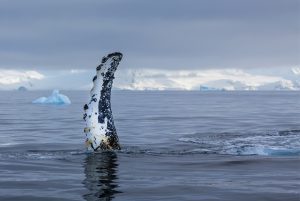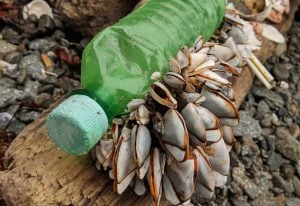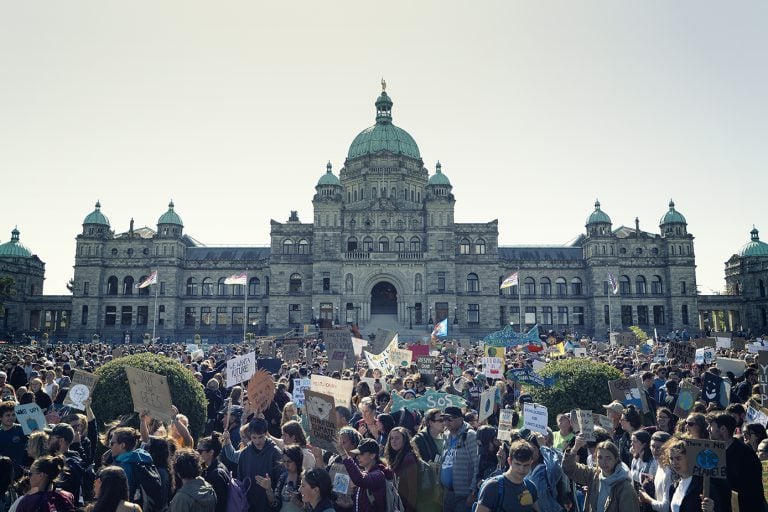The consequences are severe and far-reaching. Displacement, loss of homes, disruption of traditional livelihoods, and adverse health effects from smoke inhalation all take a toll on affected communities. The emotional and psychological trauma of witnessing the destruction of ancestral lands adds an immeasurable weight to the already burdensome impacts.
In 2022, the United Nations recognized the right to a clean, healthy, and sustainable environment as a human right. A historic move that reminds the world of the close and complex connections between the environment, human rights and how the right to live cannot be guaranteed without the protection of the lands and waters that sustain us. The convergence of climate change, biodiversity loss, and pollution presents a multitude of challenges, particularly for marginalized communities. Among those most vulnerable are Black, Indigenous, and racialized communities, women, youth, 2SLGBTQQIA+ individuals, and people with disabilities. These interconnected crises intensify the risk of marginalization and harm faced by these groups. The wildfires will have a long-lasting impact on people’s homes, livelihoods, connection to culture and the land, health, and the rights of people to live and breathe in a clean, healthy, and sustainable environment. Failing to recognize and address the harms caused by environmental destruction and the impacts of climate change, including wildfires, constitutes a violation of human rights. It is a deliberate decision to sacrifice the lives and rights of communities affected by the climate crisis.
A need for action
Addressing the intersection of environmental racism and wildfires in Canada demands immediate action and long-term systemic changes. Here are a few crucial steps that can be taken:
- Center Indigenous knowledge: Acknowledging Indigenous communities‘ traditional ecological knowledge and expertise is crucial. Developing and leading holistic strategies and solutions for land management, fire prevention, and disaster response that respect Indigenous rights, culture, and sovereignty is important.
- Environmental justice legislation: Enact comprehensive environmental justice legislation that protects marginalized communities from disproportionate exposure to environmental hazards. This legislation should consider the cumulative impact of pollution, climate change, and disasters, ensuring fair distribution of resources and mitigation/adaptation efforts.
- Investment in community resilience: Allocate resources to support marginalized communities in building resilience to climate change and wildfires. This includes providing adequate firefighting infrastructure, training, and resources to affected communities and enhancing evacuation and emergency response protocols.
- Climate action: Combat the root causes of wildfires by accelerating efforts to decarbonize, center Indigenous sovereignty, and ensuring decision-making spaces are equitable are essential steps in mitigating the severity of the climate crisis.
Canada’s current wildfires serve as a potent reminder of the intersection between environmental racism and ecological disasters. It is imperative that we recognize and address this systemic injustice, as failing to do so perpetuates a cycle of inequality and marginalization. By centring Indigenous voices, enacting environmental justice legislation, investing in community resilience, and prioritizing climate action, we can pave the way for a more equitable and climate-resilient future where wildfires no longer disproportionately burden marginalized communities. Only by fighting this burning injustice can we hope to heal the scars left by the flames and build a truly just and inclusive society.
Johannah Brockie and Soomin Han serve as Ambassadors of the Ocean Bridge program. This program, an initiative by Ocean Wise, aims to involve youth from coast to coast to coast in experiential learning activities centred around the well-being of oceans and waterways.









